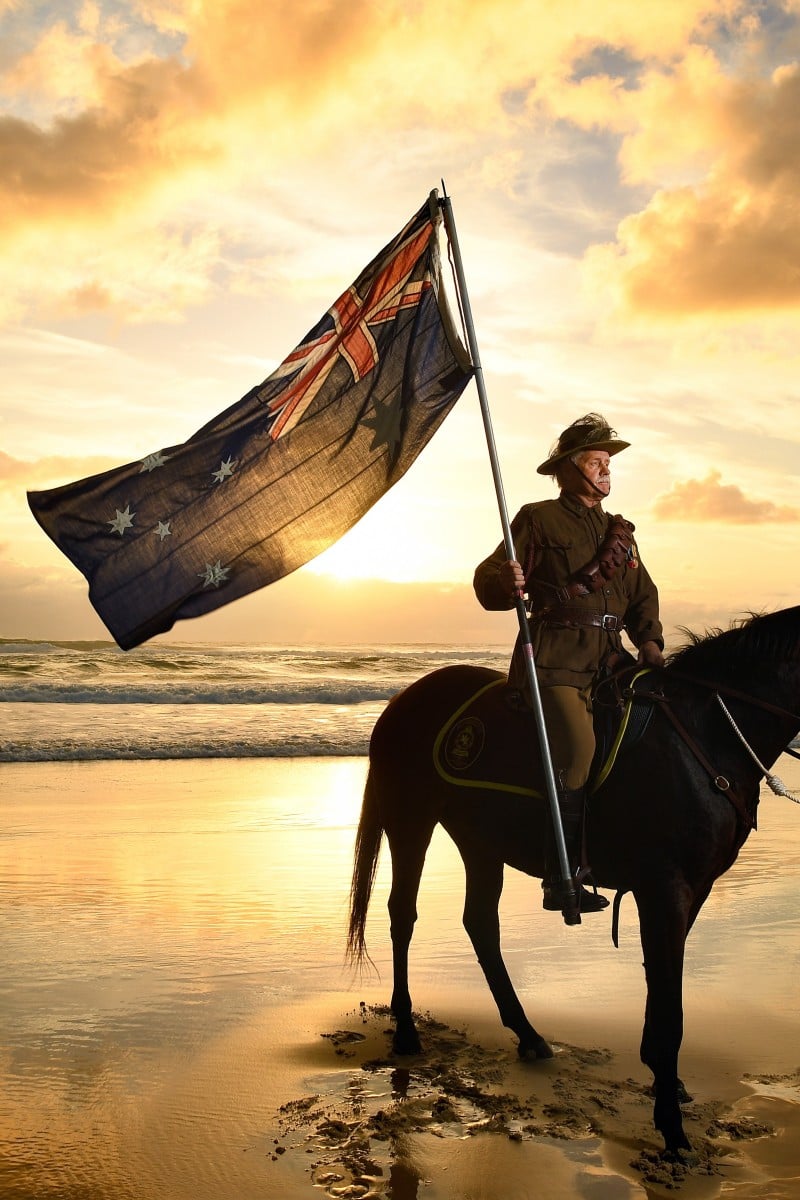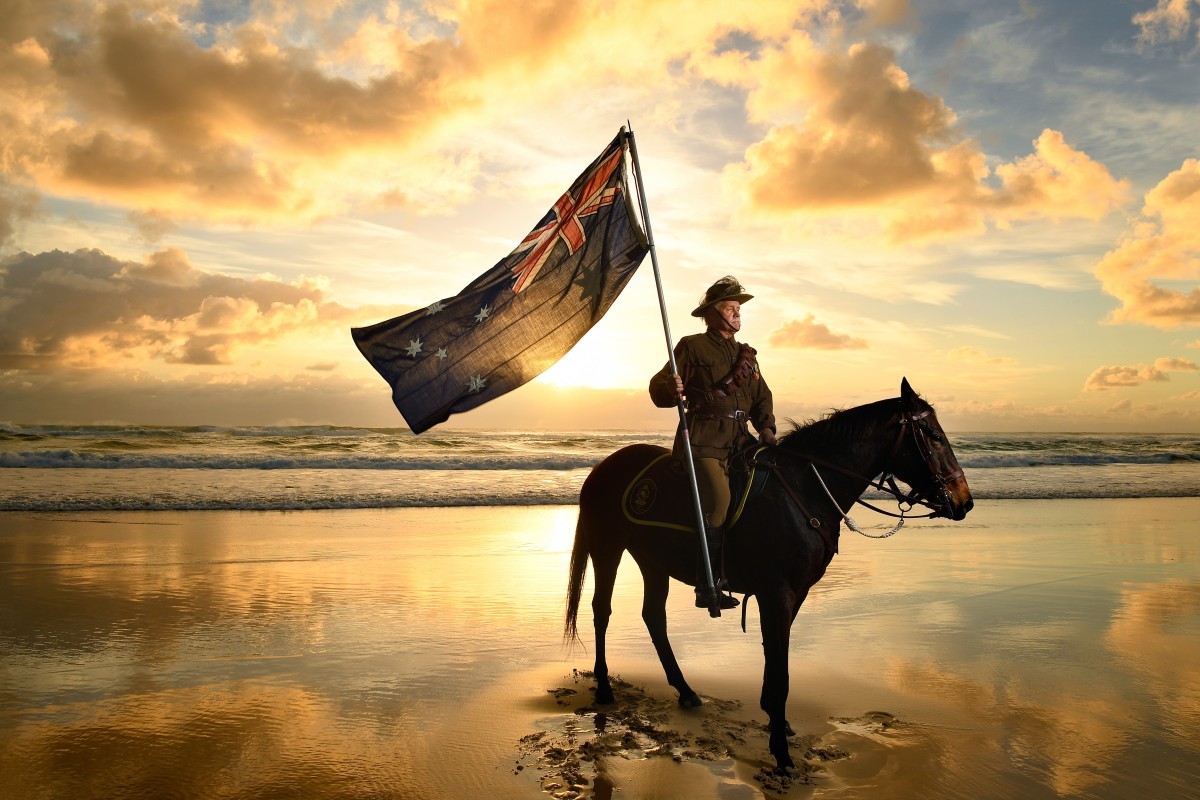
Unlikely war heroes, from mathematician Alan Turing to Dunkirk Captain Alfred Cook
As the world marks Remembrance Day today, let's celebrate five special people who saved many lives – without ever firing a shot
 Remembrance day is observed in many commonwealth countries.
Remembrance day is observed in many commonwealth countries. Today is Remembrance Day, a time when Western people pay homage to soldiers of the 20th and 21st centuries who have been killed in the line of duty. There are countless stories of courage and bravery, but this year we’ve chosen to salute five special war heroes who served their countries without ever using a weapon.
Alan Turing
If you watched the 2014 film Imitation Game, you’ll already be familiar with this brilliant mathematician.
Regarded as the father of the modern computer, Turing never picked up a gun during the second world war, but his amazing code-breaking abilities helped shorten the war by as much as two years, saving an estimated 14 million lives.
Turing worked for a top-secret agency set up by the British government that was tasked with breaking the Germans’ coding system. The Germans had a machine called Enigma which allowed them to send secret messages. Cracking the device would allow the Allies to decipher the messages, giving them information that was vital to winning the war. And by 1942, Turing and his team had done just that.
But for many years, Turing’s contribution to the British war effort went unrecognised, partly because a lot of it was still classified information, but also because of Turing’s homosexuality, which was considered a crime in Britain until 1967. That has since been rectified, and Turing’s name has now rightly been restored to history’s hall of fame.
Desmond Doss
This man’s name will probably ring a bell if you’ve watched Hacksaw Ridge. The second world war combat medic Desmond Doss, who inspired the biographical war drama, is famed for single-handedly saving the lives of 75 American soldiers in the Battle of Okinawa in 1945.
Doss is also known for refusing to carry a weapon or kill an enemy soldier because of his personal beliefs as a Seventh-Day Adventist. This didn’t make him very popular with the other soldiers, but he went on to earn respect and admiration for his brave actions on the battlefield, and received the Medal of Honour – the US military’s highest level of recognition.
He was also twice awarded the Bronze Star Medal for aiding wounded soldiers under fire in Guam and the Philippines.
Thomas Bennet
Devout Southern Baptist Thomas Bennett refused to use a weapon against another human but wished to serve his country, so he too enlisted to be a combat medic.
Bennet arrived in South Vietnam in 1969. A month after entering the mountainous war zone, his unit came under intense fire. Bennett risked getting shot to pull at least five wounded men to safety, and was recommended for the Silver Star Medal for his heroic actions that evening.
He continued to risk his life to save the lives of others, but sadly not for very long. Two days after his recommendation, Bennett was gunned down while attempting to reach a soldier wounded by a sniper.
His selfless bravery earned him the Medal of Honour the following year, making him the second person to receive the prestigious award after Doss.
WWI Centenary: 7 peace treaties that ended the first world war, from Versailles to Lausanne
Bill Millin
It was traditional for parts of the British Army that came from Scotland or Ireland to have a man to play the bagpipes as the soldiers fought, though pipers were restricted to the rear areas by the second world war.
Bill Millin, commonly known as Piper Bill, was the personal piper of Simon Fraser, a prominent British commando during the second world war. Fraser ordered Millin to go to one of the main landing points during the D-Day invasion of Normandy and play his set of bagpipes.
Millin obeyed and played calmly up and down the beach, amid gunfire and explosions, as several soldiers fell around him.
Other soldiers urged him to find cover, but Millin continued to play to encourage his comrades. It is said that Millin later asked the captured Germans why they never shot him, and discovered it was because they thought he had lost his mind.
Alfred Cook
Captain Alfred Cook is perhaps less well-known than the ship he commanded, the Medway Queen, during the famous evacuation of Dunkirk.
In the spring of 1940, things weren’t going so well for the Allied forces during the second world war. Hundreds of thousands of British, French and Belgian soldiers were stranded on the beaches of Dunkirk, in northern France, after being pushed back by German forces.
And so began Operation Dynamo, the largest mass evacuation in history. An urgent request was made for small private boats to be sent from Britain to help pick up soldiers from the coast and transport them to the larger naval ships waiting in deeper waters. The most famous of these “Little Ships of Dunkirk” was the Medway Queen, led by Cook.
For six days and nights, Cook and his crew made the perilous trip back and forth to the shores of Dunkirk a record seven times, while avoiding the constant fire from German planes. They rescued 7,000 men.
The Medway Queen’s crew were awarded four different medals for their bravery at sea, including a Distinguished Service Cross for Captain Cook.